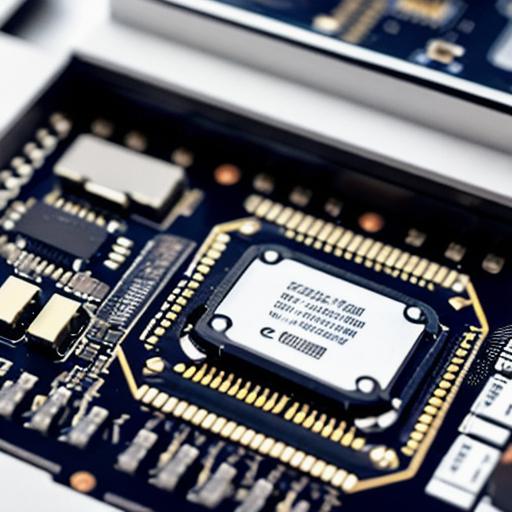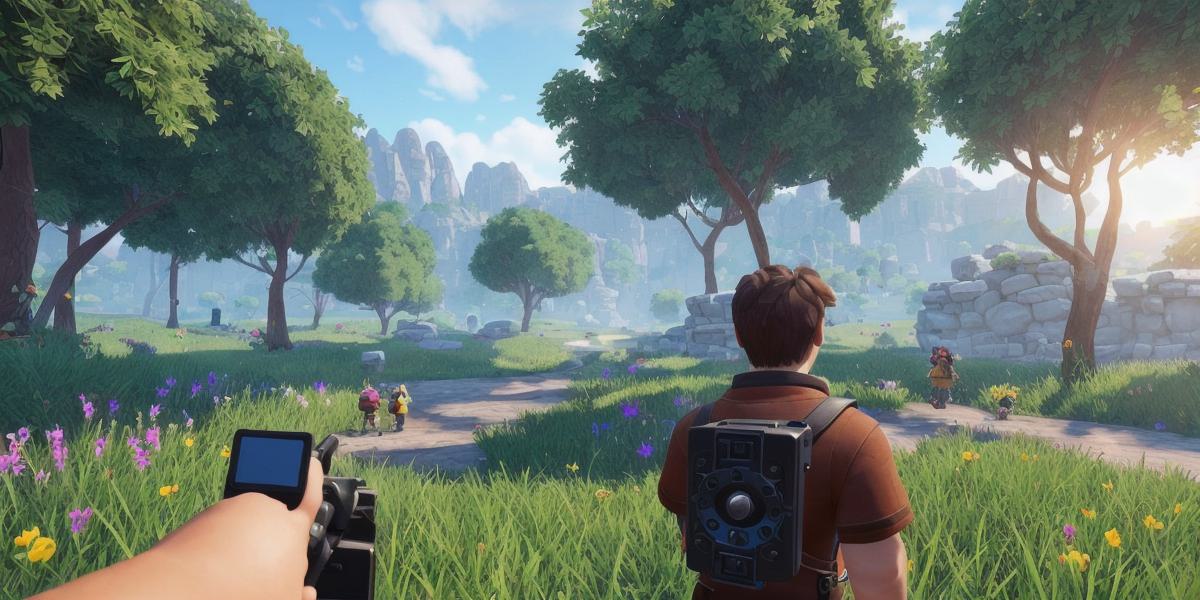Are you looking to hire a hardware engineer for game development? Congratulations! You’re taking the right step towards creating an immersive gaming experience that will capture your players’ attention. However, hiring the right hardware engineer can be challenging, especially when there are so many candidates out there. In this article, we’ll explore the best tips and tricks for finding the perfect hardware engineer for game development.
The Importance of a Hardware Engineer in Game Development
Before we dive into the tips and tricks, let’s first understand why a hardware engineer is crucial in game development. Hardware engineers are responsible for designing and implementing the physical components that make up a game console or computer system. This includes processors, memory, graphics cards, and other hardware components that determine the performance and capabilities of the system.
A skilled hardware engineer can optimize the performance of these components to ensure that your game runs smoothly and looks great on any device. They also have expertise in troubleshooting hardware issues, which is especially important when dealing with complex gaming systems that are constantly evolving.
How to Find the Perfect Hardware Engineer for Game Development
Now that you understand why a hardware engineer is essential for game development, let’s explore some tips and tricks for finding the right candidate for your team.
- Define Your Requirements
Before you start looking for a hardware engineer, it’s important to define what you need from them. This includes their experience, education, and technical skills. For instance, do you need someone with experience in game console development or PC gaming systems? What programming languages do they need to be proficient in?
Defining your requirements will help you narrow down the pool of candidates and find someone who can meet your specific needs.
- Check Their Portfolio
Once you have defined your requirements, it’s time to start looking for candidates. The best way to do this is by checking their portfolio. A good hardware engineer should have a portfolio that showcases their work and experience in game development. This can include code samples, technical specifications, and performance benchmarks.
By reviewing their portfolio, you can get a better understanding of their skills and expertise. You can also see how they approach problems and whether they have the experience to handle the challenges of game development.
- Look for Certifications

Another important factor to consider when hiring a hardware engineer is their certifications. There are several organizations that offer certifications in game development, including the International Game Developers Association (IGDA) and the Unity Certification Program.
By looking for candidates with these certifications, you can be sure that they have the knowledge and skills required to work in the field of game development.
- Ask for Recommendations
Recommendations are a great way to get insight into a candidate’s work ethic, communication skills, and overall fit with your team. When hiring a hardware engineer, consider asking for references from their previous employers or colleagues.
You can also ask them to provide references from clients they have worked with in the past. This will give you a better understanding of how they interact with others and whether they are a good fit for your team.
- Consider Remote Work Options
In today’s world, remote work has become increasingly popular. If you’re looking to hire a hardware engineer, consider offering remote work options. This can help you tap into a wider pool of candidates and make the hiring process easier.
Remote work also allows your team members to have more flexibility in their schedules and work from anywhere in the world. However, it’s important to ensure that your candidate has the right setup at home and can effectively communicate with the rest of the team.
- Offer Competitive Compensation
Competition is fierce in the tech industry, and salaries for hardware engineers are no exception. When hiring a hardware engineer, it’s important to offer competitive compensation that reflects their skills and experience.
By offering competitive compensation, you can attract top talent and ensure that your candidate is motivated to do their best work.
- Be Clear About Expectations
Finally, when hiring a hardware engineer, it’s important to be clear about expectations. This includes setting realistic timelines and goals, as well as defining the scope of work for the project.
By being clear about expectations from the start, you can avoid misunderstandings later on and ensure that your candidate is able to deliver the results you need.
FAQs
Q: How long does it take to hire a hardware engineer for game development?
A: The time it takes to hire a hardware engineer for game development can vary depending on the complexity of the project and the availability of candidates in your area. However, it’s important to plan ahead and allow enough time to find the right candidate.
Q: What skills do I need to hire a hardware engineer?
A: When hiring a hardware engineer, you need to consider their experience with game development platforms such as Unity, Unreal Engine or DirectX, as well as programming languages such as C++, Java or Python. They should also have expertise in working with hardware components such as CPUs, GPUs and RAMs.
Q: Can I hire a hardware engineer on a contract basis?
A: Yes, you can hire a hardware engineer on a contract basis for game development. This is a popular option for companies that need to complete a specific project or have a temporary shortage of staff. However, it’s important to ensure that the contract clearly outlines the scope of work and expectations for both parties.
Q: What are some common hardware issues in game development?
A: Common hardware issues in game development include graphics card failures, memory leaks, and CPU overheating. A skilled hardware engineer can help identify and resolve these issues to ensure that your game runs smoothly and looks great on any device.
Conclusion
Hiring a hardware engineer for game development requires careful planning and consideration of the right candidate’s skills and experience. By following the tips and tricks outlined in this article, you can find the perfect hardware engineer to help bring your game to life. Remember to define your requirements, check their portfolio, look for certifications, ask for recommendations, consider remote work options, offer competitive compensation, and be clear about expectations from the start. With these tips in mind, you’ll be well on your way to creating a successful and immersive gaming experience that will capture your players’ attention.
